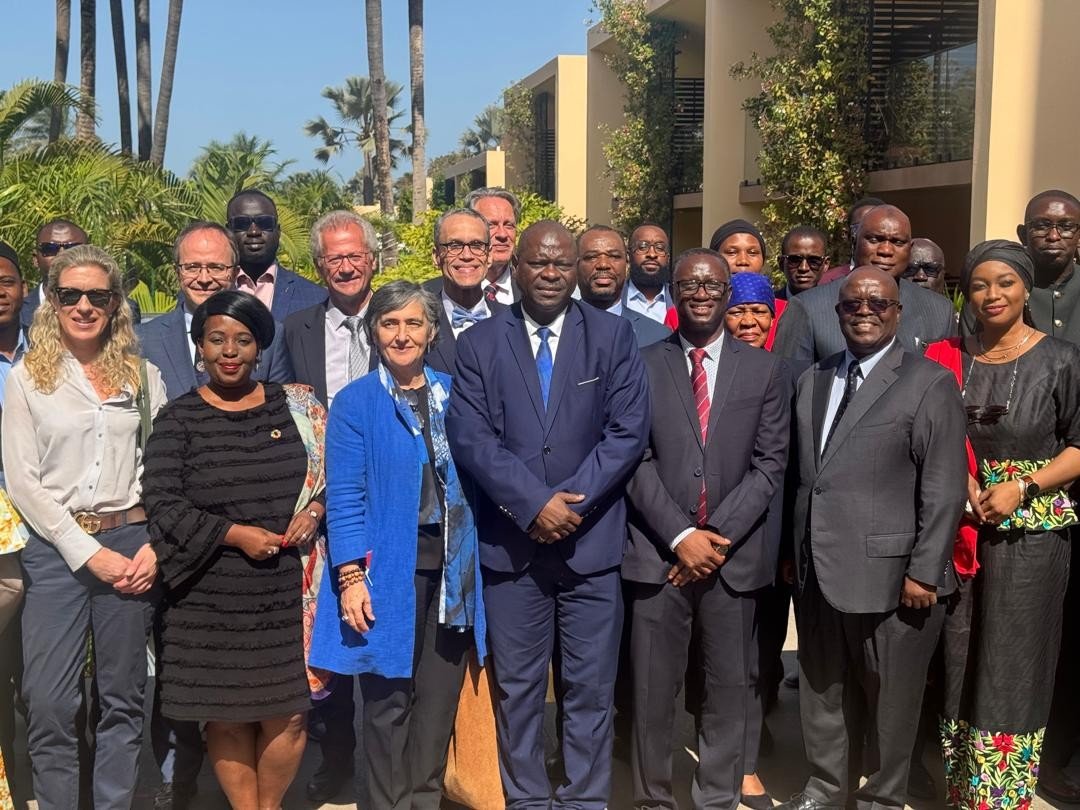The Gambia Market Union has reiterated its call on government to protect and aid small-scale businesses in the country.
“The government needs to support small-scale businesses that are run by citizens, especially those that supply the community with rice, oil and onions,” stated GMU’s public relations officer Sulayman Dampha in an exclusive interview with SeniGambia.
He suggested that the government should provide them with opportunities and projects to grow their businesses, saying going to the provinces and supporting these kinds of businesses would be a good start.
Veering unto the issue of inflation in the country, Mr Dampha said he would blame the minister of trade for the rapid increase of commodity prices in the market.
He recounted a statement on free trade made some time last year by the Minister of Trade, that it would be difficult to control certain prices of commodities in the market. He assumed such a statement could have led to the uncontrollable market prices being experienced now in the country.
The trade minister had said then, in response to Parliament during question-and-answer session, that “the government has no plans to regulate the prices of rice, oil and sugar, as such measures would only be counterproductive since price control is against the principle of a free market system and has not ensured price stability in the economy according to evidence, but rather leads to hoarding and shortage of goods and services in the country.”
Dampha said that rather than giving a free ride to unchecked price increase in the country, the minister should lay plans to help the citizens on how the business sector can grow.
Business opportunities to expand should be given to citizens who do not have the means to buy more grow their businesses.
“Offer opportunities to those who sell at least 300 bags, and distribute 10,000 bags within the community without interest,” he suggested. “Provide loans to support vegetable sellers and extend the port site to facilitate business transactions and prevent price increment.”
Dampha further stated that the government has the power to regulate prices of commodities in the market, and should investigate why the value of the dalasi has dropped.
“Currently, 1 euro is worth D74.50, the Dollar has the same value, And the Pound has risen to D80 plus,” he pointed out, saying: “The Minister of Finance and Trade should investigate the reasons behind the drop in value of the Dalasi and come up with a plan to restore the value of the currency in the market. This is the responsibility of the minister, and they should not claim to not have any control over prices.”
The GMU spokesperson criticised the minister’s statement arguing that the government should take responsibility for the increasing prices of goods and services in the country.
“The price of American rice has gone up from D1,700 to D1,800, and now it is D2,200,” he said. “Similarly, the price of Armanti mayonnaise was D900 and now it is D1,500. The government has not provided any explanation for the price increases, which is unacceptable.” Mr Dampha acknowledged the fact that a free market system spurs competition among businesspersons. “If one person sells rice, then others can bring theirs to compete,” he agrees, saying it is okay for foreigners to invest in The Gambia since Gambians are investing in other nations as well.






